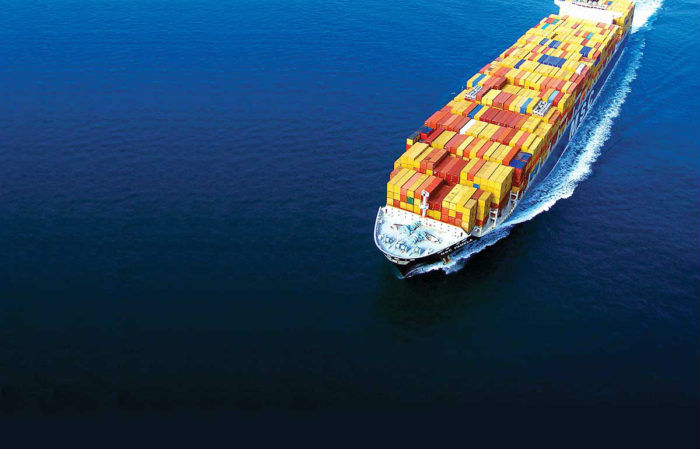The U.S. Federal Maritime commission (FMC) has recently reviewed and approved the formation of an alliance between four of the largest container operators in the world – known as the Ocean alliance. The Ocean Alliance is a Vessel Sharing Agreement (VSA) that combines Evergreen Marine, CMA CGM, COSCO Shipping, and Orient Overseas Container Line. The official launch of the Ocean alliance will be in April 2017, pending the approval of European and Chinese regulators.
What is the Ocean Alliance?
This agreement allows the members of the alliance to exchange space, share vessels, and charter each other’s ships within international trade lanes around the world – most notably the Middle East, Central America, Canada, Asia, the Mediterranean, Northern Europe, and the United States.
The Federal Maritime Commission wanted to make sure to balance fair play and competitive markets along with the needs of the applicants of the Ocean Alliance. Mario Cordero, FMC Chairman said that “The Agreement going into force represents a consensus of what will allow OCEAN Alliance carriers to achieve efficiencies without harming the marketplace.”
The FMC delayed the approval of the agreement, stating that it was concerned about fair market pricing for shippers moving freight in and out of the United States. However, after an “exhaustive review process” FMC Commissioner William Doyle said that they have “thoroughly examined all aspects of the proposed agreement to assure that competition in the ocean transportation industry would not suffer.” To gain approval, significant changes were made to the original proposal.
To keep the market competitive, it was decided that the members of the alliance have limited ability to use their collective power to negotiate joint contracts with marine terminal operators. Each operator must separately negotiate individual contracts with third-party service providers.
Why Was the Agreement Made?
Shipping alliances have become more important as the global shipping industry has been faced with volume slowdowns and overcapacity. While market freight rates have taken a nosedive, the industry continues to remain heavily fractured. However, under an Alliance, partners can share port calls, networks, and ships so that they can cut costs. This can add up to hundreds of millions of dollars in savings each year.
The new Ocean Alliance will compete against 2M (Maersk Line and Mediterranean Shipping Co.) and another group called THE Alliance, made up of Japanese, Korean, and German carriers, also set to launch in April. Under current circumstances, the Ocean Alliance will have a dominant capacity position on both Asia-North America (35%) and Asia-Europe (39%) trade lanes.
Making the Decision
Under the Shipping Act of 1984, FMC commissioners determined whether the agreement would cause an unreasonable cost or decrease in service. In general, vessel sharing agreements don’t allow joint marketing and sales and will only allow its members to cooperate to pool their larger ships with each other. This allows fuller loads and increased economies of scale.
As stated earlier, although the U.S. has approved the Ocean Alliance, the agreement still must be given the go-ahead by Chinese and European regulators. Regulators want to make sure that they don’t create an anti-competitive environment by reducing prices too drastically and pushing out smaller competitors. However, there is a positive outlook. Only one major Vessel Sharing Agreement has been rejected by foreign regulators, the P3 Network between MSC, Maersk, and CMA CGM in 2014, that was denied by China.
The veto prevented an alliance that would have been dominated by Europe. But, the approval of 2M followed which created a similar result. This rise of alliances coupled with the expansion of the Panama Canal forced smaller carriers to increase capacity to hold onto market share. However, the new industry practice is to create competitive alliances. If approved, the Ocean Alliance will be the largest in existence. THE Alliance would have the second highest volume, ranking 2M in third place.
Some shipping customers are concerned about the recent growth of vessel sharing agreements in the past several years. It has been stated that alliances make handling shipments more costly and complicated. However, container operators say that within a year, alliances will offer customers better service levels when compared to individual operators, giving customers increased shipping volume at the best price possible.




